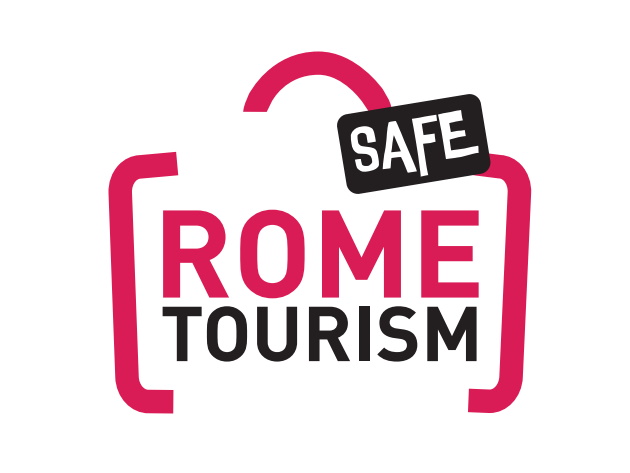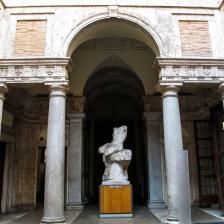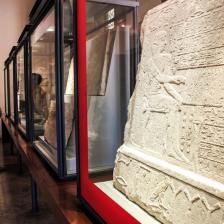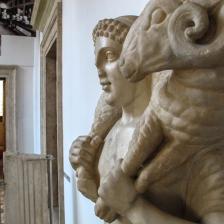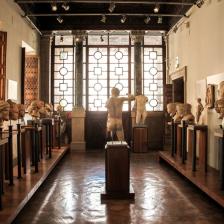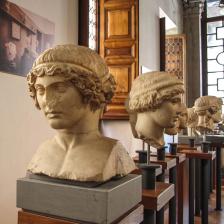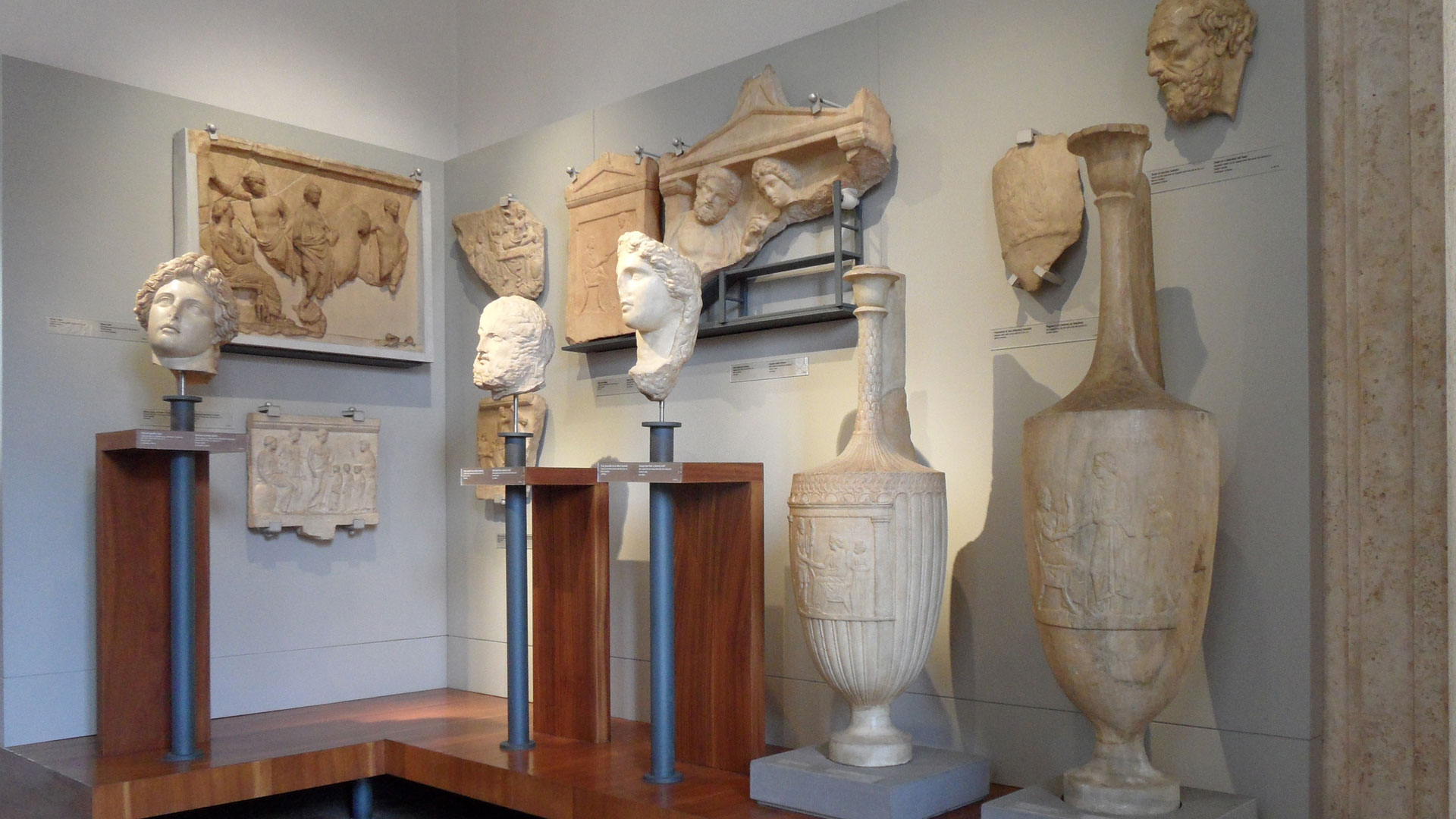





Comprising a prestigious collection of ancient sculptures - Assyrian, Egyptian, Cypriot, Phoenician, Etruscan and Greco-Roman art, the Giovanni Barracco Museum of Ancient Sculpture was donated to the City of Rome in 1902 by Giovanni Barracco, a wealthy gentleman from Calabria who had dedicated his life to collecting artefacts, either by purchasing them on the antiquities market or by recovering them from the excavations that marked the urban transformation of Rome's capital city at the end of the 19th century.
The museum was formerly housed within a 16th-century palace but the town planning and the amendments to enlarge Corso Vittorio Emanuele area required the demolition of the building. In 1948 Barracco’s collection found its final home in the "Farnesina ai Baullari”, a building designed by Antonio da Sangallo il Giovane in 1523.
As for Egyptian art, the collection includes remarkable finds, especially of the early dynasties (3000 BC), before the beginning of the Roman age.
Particularly significant are the slabs of Assyrian art, dating back to the reign of Ashurbanipal II (883-859 BC) and coming from the royal palaces of Nineveh and Senacherib in Nimrud.
A particularly and rare section for an Italian museum displays Cypriot artworks, including a polychrome chariot and the head of Heracles, dating back to the 6-7th century BC.
Greek Sculptures are mostly original copies. Polykleitos and his school ( 5th century BC) are largely represented with their works.
Among the finds of the ancient Roman art, there is a remarkable head portrait of the early roman Imperial Age (1st century BC), representing a young member of the Iulia family. Three slabs coming from the city of Palmyra (Syria), that reached its peak during the 2nd century A.D. display the art of the Roman provinces and it was a vital caravan stop for travelers crossing the desert.The polychrome mosaic coming from Old St. Peter's Basilica (XII-XIII century) is at the end of the exhibition path.
The heart of Rome: Piazza Navona and Campo de' Fiori
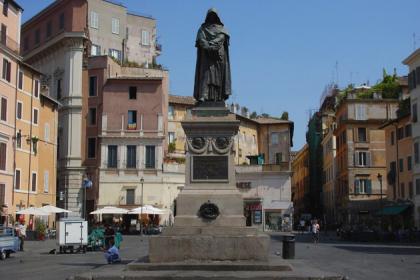
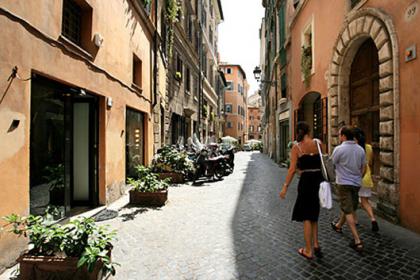
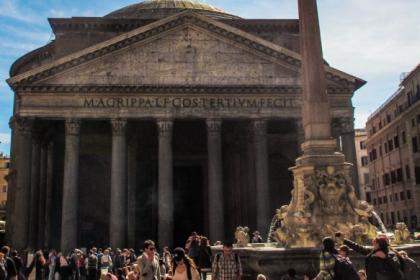
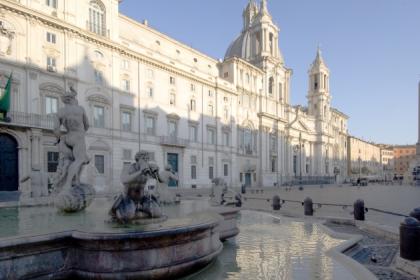
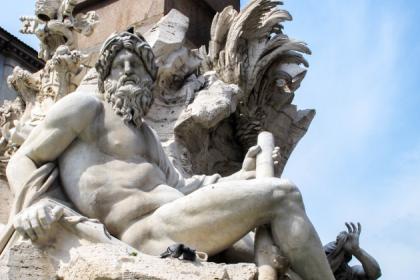
 Condividi
Condividi
Roman Domus under the Giovanni Barracco Museum
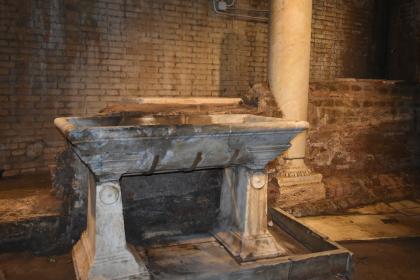
 Condividi
Condividi
Museo di Roma – Palazzo Braschi
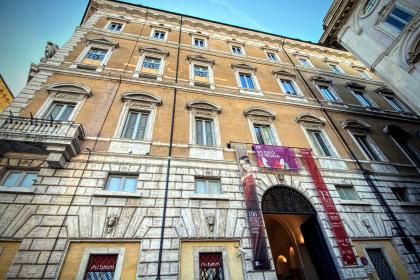
 Condividi
Condividi
Information
24 and 31 December 9.00 - 14.00Last admission half an hour before closingCasa Romana is temporarily closedFor updates and guidelines please check the > official websiteBefore planning the visit, CONSULT THE NOTICES
 Condividi
Condividi
Locations
To find out about all accessibility services, visit the Rome accessible section.












































